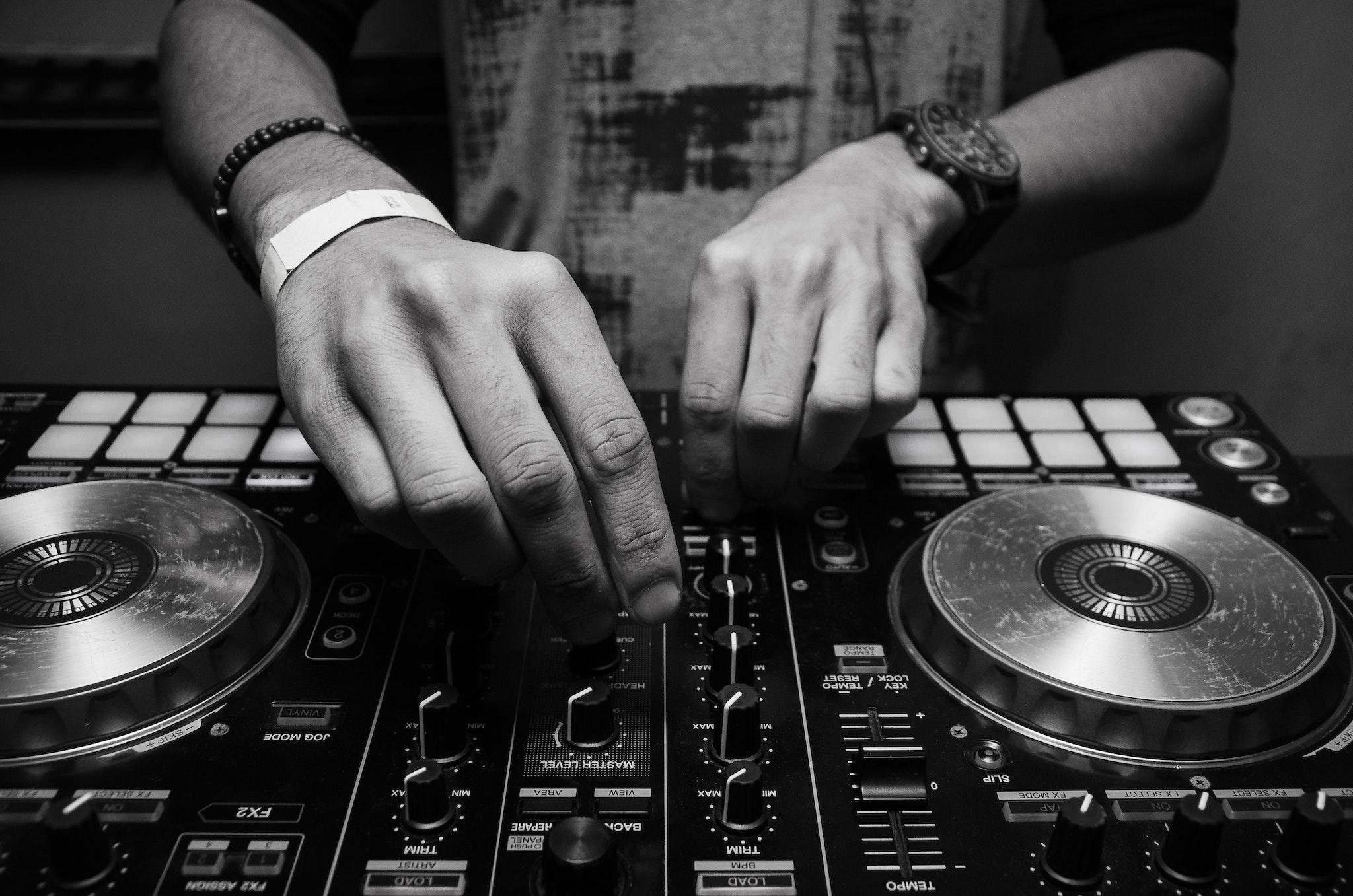Artist Profile: Teffa
Ernestas Ovcaruk aka Teffa was six years old when he started sifting through his father’s record collection.
Teffa finds that early memories of enjoying music with his dad – who is his greatest role model – have informed his lifelong fascination with sound design.
“I remember putting on headphones and exploring my dad's collection of music,” says Teffa, who is ethnically Lithuanian and Ukrainian and grew up in both countries. “In essence, I was excited to hear music through headphones and get a chance to touch all the records.”
By young adulthood, Teffa developed a knack for rock music and mid-late 80s electronica. These genres inspired Teffa to cultivate the signature sound he is celebrated for producing today.
Hailing from the United Kingdom, Teffa’s peculiar, ghostly approach to dubstep invokes an investigative state of mind, leaving listeners sleuthing for clues amidst a clever series of audio murder-mysteries. Teffa is best known for tethering 140bpm with unmistakably swift, mischievous basslines that echo a sense of industrial innovation. Having collaborated with the likes of Breez, RSD, and Chad Dubz, Teffa has developed a reputation for bringing textured complexity to life. And from London to Los Angeles, listeners are taking note.
“There have been instances where people messaged me with feedback on my music,” says Teffa, who deeply values engagement with fans. “Direct interaction with your fanbase can help you grow and build a community where many wonderful pieces of art, new friendships, and great memories can be made.”
Teffa recounts some messages from fans that have particularly resonated during his production career. Such interactions with people mark meaningful moments that he holds close to his heart.
“The words that stood out most were that my music managed to help someone overcome their difficult life period and inspired them to take up music themselves,” says Teffa. “I really appreciate that people take the time to tell me their story and share how I’ve helped in some way.”
As an artist in an increasingly competitive industry, Teffa honors his personal needs by making music for himself first and foremost. Inside and beyond the studio, Teffa takes a step back when necessary, carves out time for adequate rest, and regularly revisits why he’s pursuing music. Implementing these practices has enabled Teffa to bounce back from creative blocks and renew his dedication to dubstep culture as his career evolves.
“The moment I let things go, all else starts to shape and come together. However, this does not mean that I would completely drop any given project,” says Teffa. “Sometimes, I simply need a break, so I can come back to projects with a fresh mind and perhaps a different perspective.”
Teffa designs music that functions like a motivating mosaic for moving people into the present moment, with his soundscapes subtly reminding listeners to seize the precious life they have.
“The main impact I want to create is to provide people with a soundtrack to their days – for them to simply enjoy the music and hopefully seek some inspiration for their own artistic or non-artistic ambitions,” says Teffa.
Beyond connecting with individual fans, Teffa is gaining recognition among the bass music community. In November 2020, Teffa was featured on Rinse.FM radio alongside the legendary Distance and J.Sparrow. Releases with labels like Elemental Arts, DUPLOC, and Foundation Audio have accelerated Teffa’s rise to soundsystem stardom.
A champion of mutual collaboration, Teffa aligns with the Background Noise (BGN) mission to elevate visibility for undercard and undiscovered talent. And uplifting others is at the heart of all Teffa does on the decks, dancefloor and beyond.
“I find the BGN mission very exciting, since in the art industry, new names often face difficulties in getting out there due to various forms of gatekeeping. I admire BGN for bringing new names into the industry and introducing them to broader audiences, which is beneficial for all involved,” says Teffa. “It’s like the saying: We grow together.”
This article was originally published through Background Noise.

Post a comment